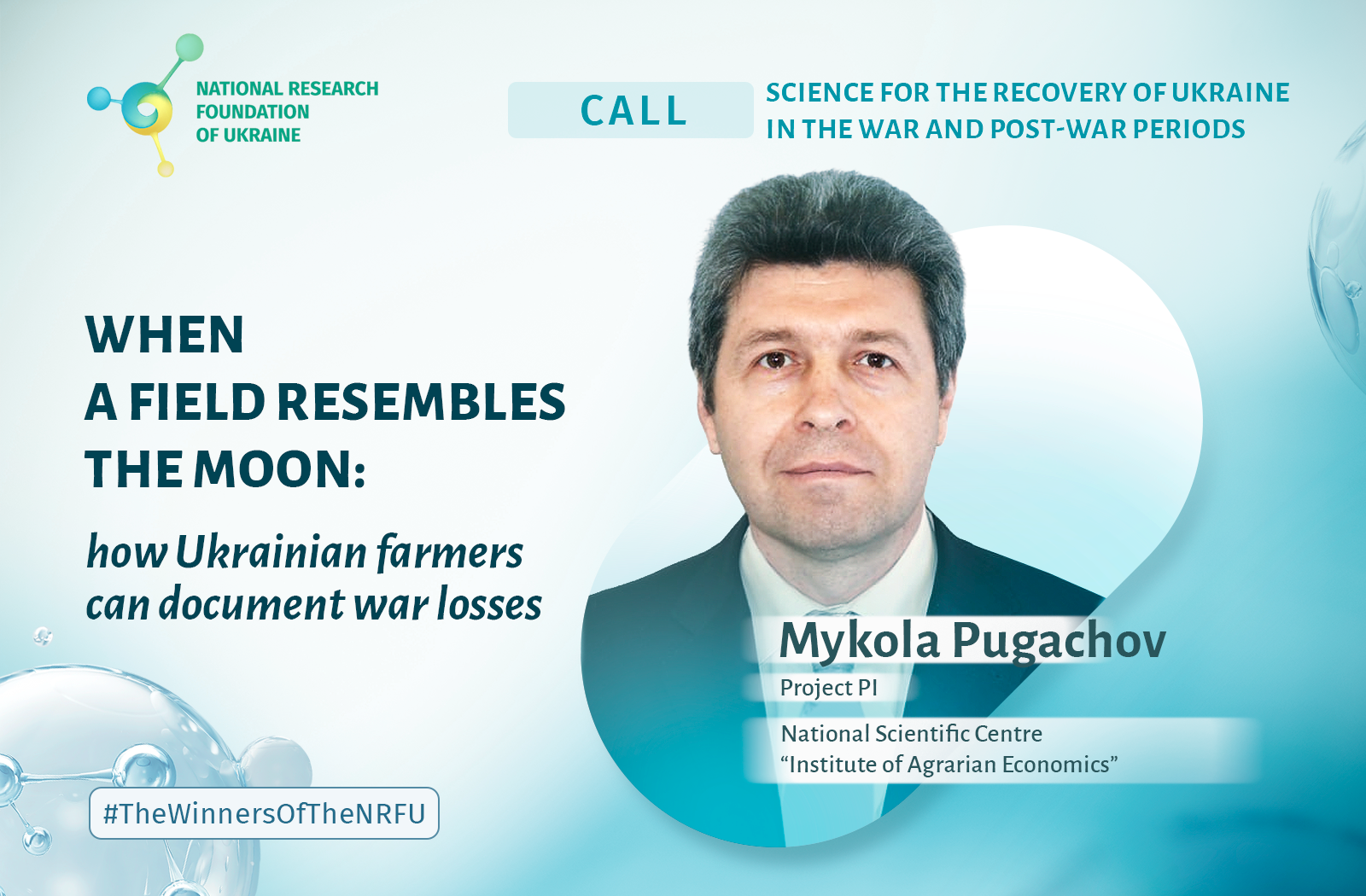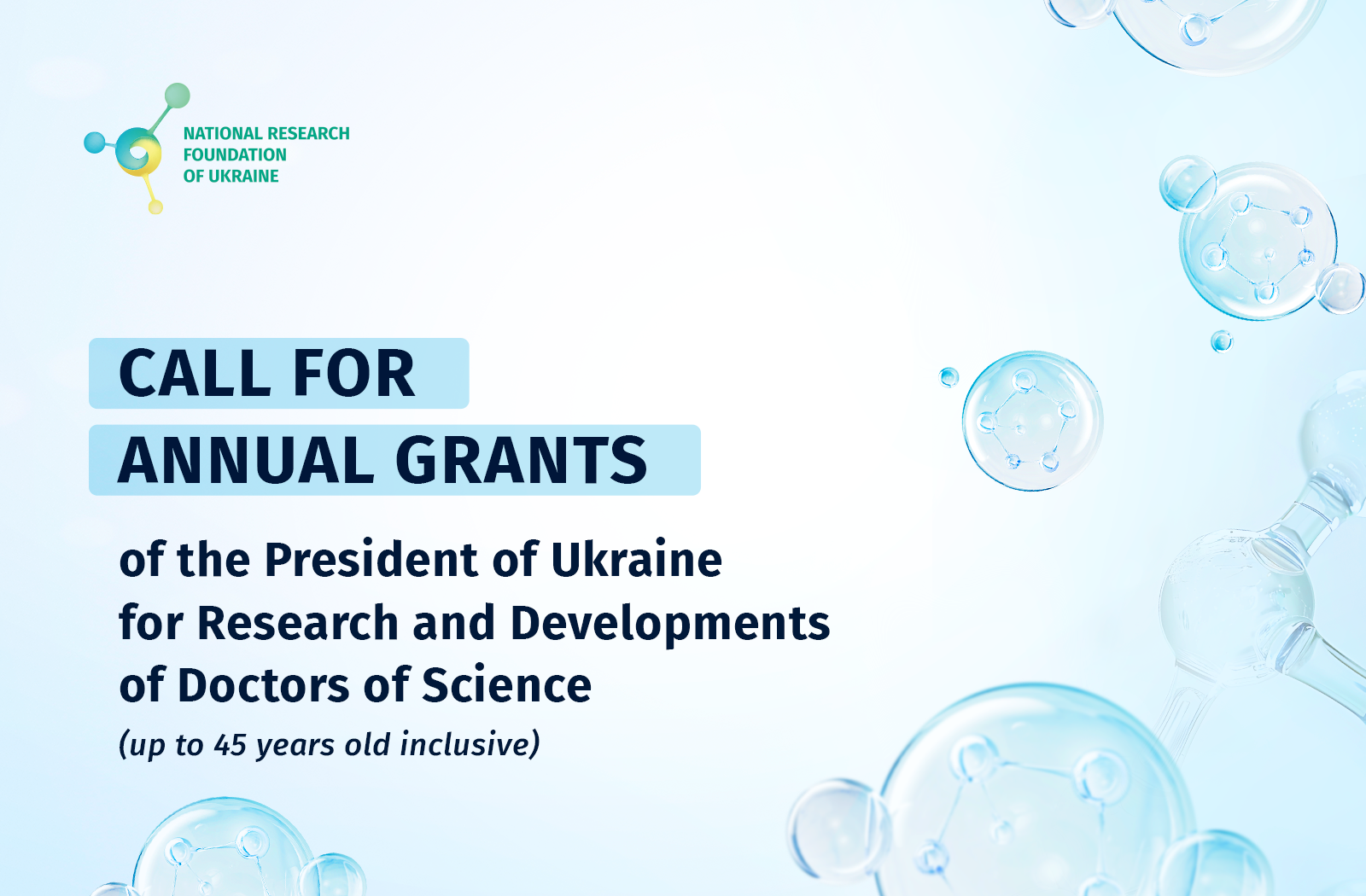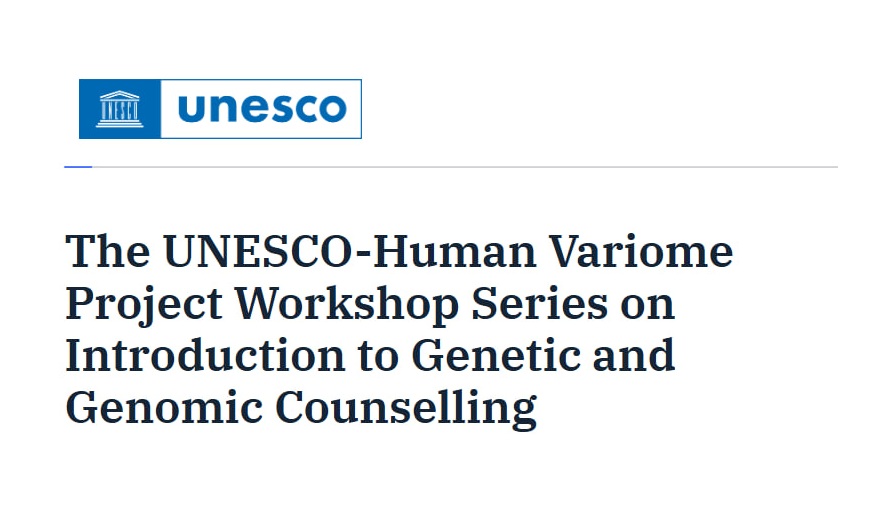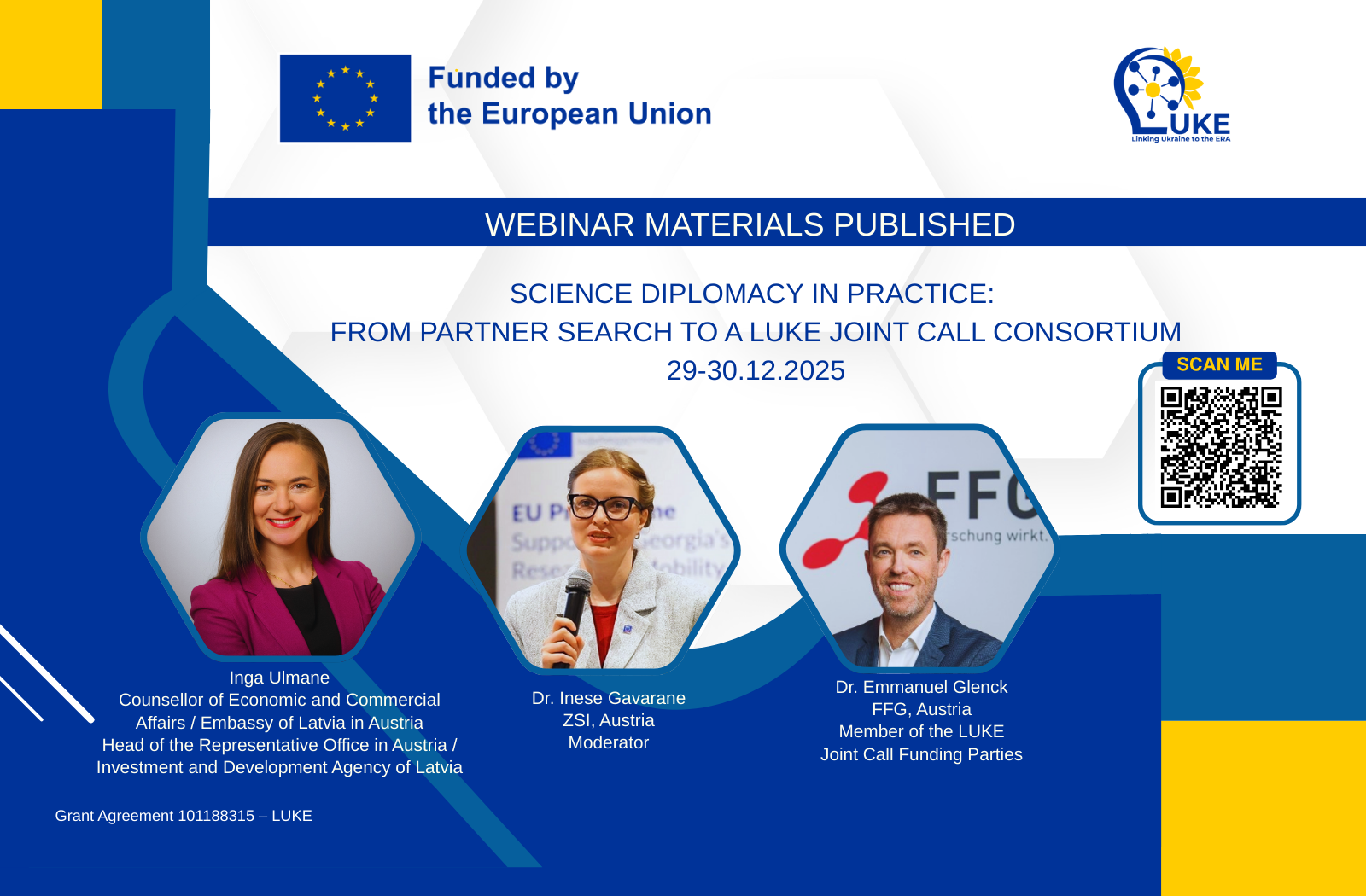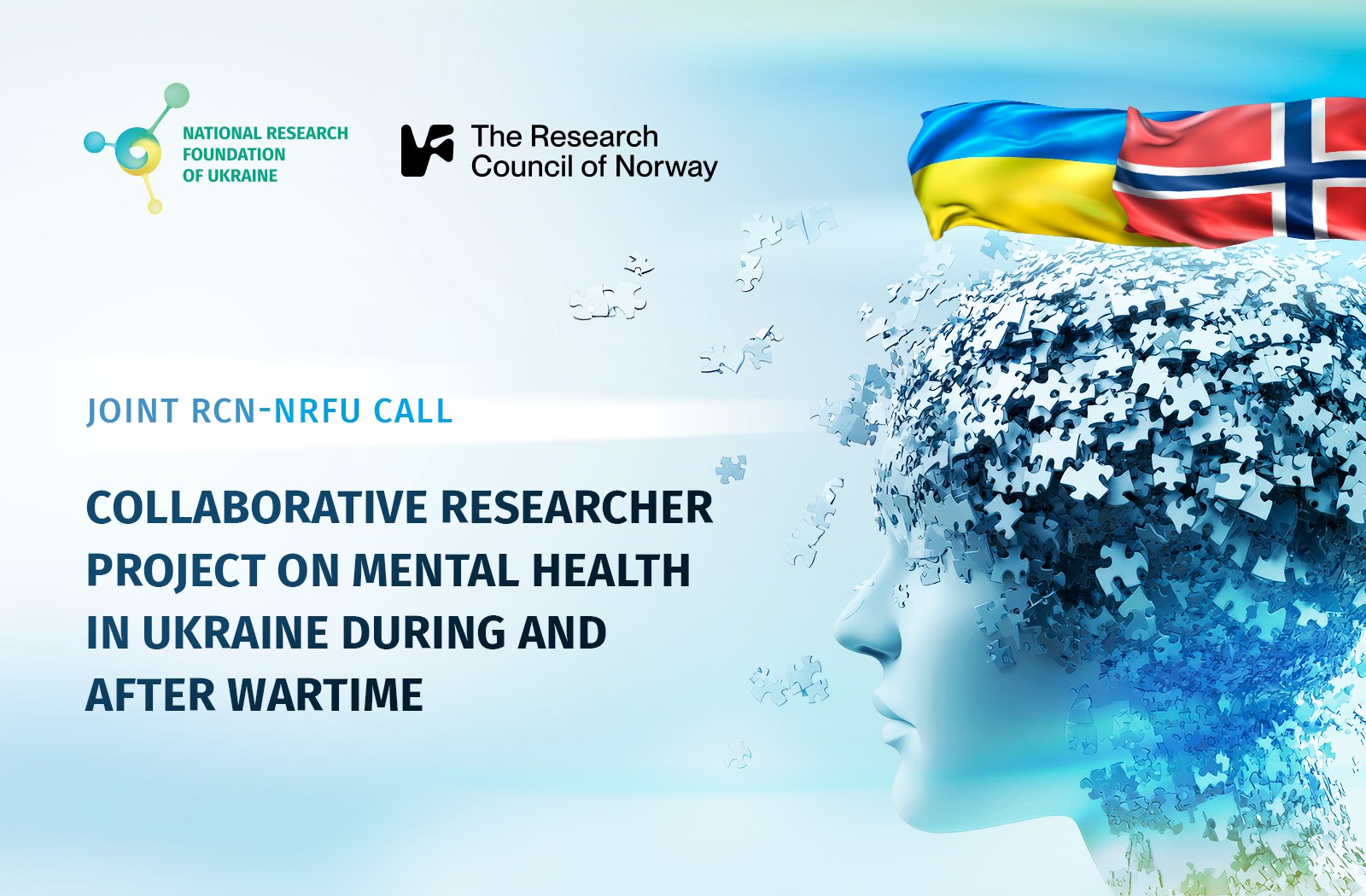Ukrainian women in science have always been ahead of the times and have not given in to difficulties.
In 2022, they also had to overcome military challenges: rescue their children’s lives, continue doing research, support men on the frontline, and volunteer.
What challenges are Ukrainian female researchers facing today? What qualities have female researchers demonstrated during the wartime? What advice can be given today to those girls who are taking their first steps in science? 
We asked Victoria RODINKOVA, Professor of the Department of Pharmacy of the National Pirogov Memorial Medical University, Vinnytsia and member of the Scientific Council of the National Research Foundation of Ukraine, to answer these questions. By the way, in 2023, Prof. Rodinkova became the face of the ‘STEM is Fem’ initiative.
“Yes, many female researchers were forced to save their children and move to other regions of the country or abroad,” Viсtoria Rodinkova replied. “It was not easy for them to settle in a new place, but still, according to statistics, most of them found jobs and continue their research.”
“I did not leave anywhere, although I realized that I might have to. In the first days of the war I contacted my Polish colleagues and asked if I could count on them.”
“In March, it became clear that the russian offensive on Kyiv had been stopped. I decided that I would not go anywhere, I would stay in Ukraine with my husband and children. At that time, colleagues from not only Poland but also Spain, Romania, France and Hungary were inviting me – I received many such emails. I thanked them and explained that I could not run away…”
“What qualities did women in science demonstrate?”, she smiled. “The same as usual: courage, perseverance, stubbornness.
Together with Nadiya Boyko, a member of the NRFU Scientific Council, we organized delivery of medicines to Vinnytsia. According to the Head of the Vinnytsia Regional Department of Health (DoH), the first tactical medicine kits that came to our region were exactly the ones I received with the help of Prof. Boyko. As a deputy of the Vinnytsia Regional Council, I presented them to the DoH.”
“I quickly resumed my research work as well. We make allergy forecasts, and their resumption gave people at least some sense of normality. However, already in the spring of 2022 I realized that ambrosia (which is most prevalent in the east and south) would bloom in summer and our military would suffer from allergies. We have known about such cases since 2014. The European statistics I found only strengthened my opinion: in particular, in the Swedish army about 20% of soldiers are allergic to pollen. So, through the same DoH, I contacted the head of the military sanitary and epidemiological service in our region. I told them about the problem and suggested using the pan-European allergenic risk map created by the SILAM system to prevent allergies. Together with other colleagues from Europe, we have been providing pollen data to the European Aeroallergen Network for many years to create this map. However, the military epidemiologist was clear and persistent: he said that a separate map for Ukraine was needed. Since military doctors need to receive information quickly and finding the right region on a map of Europe takes a lot of time.
Thus, I asked the SILAM developers from the Finnish Meteorological Institute to make a separate forecast module for Ukraine. They replied that it was impossible. I explained who needed it, and Europeans, together with Kyiv web designers and doctors, as well as Roman Holubenko, a student from Vinnytsia National Technical University, whose father was at the front, literally created a miracle: a separate module for Ukraine was launched a few months later. To achieve this, the website with the allergy forecast had to be moved to a larger platform. The previous one was too small for this module. And now we have a system for predicting allergenic risks specifically for Ukraine (https://allergy.org.ua/map/) . The map is based on real pollen data and is updated daily. Both the military and civilians can use it.”
“What advice would I give to girls who are just starting their research careers? My PhD students are mostly girls. In 2022, with the support of international partners, they attended many conferences and seminars abroad. I wanted them to discover the world, to see how Ukrainians are accepted and what opportunities research provides.
I have recently realized that I am a role model for these girls. They look up to me, understand that they need to be useful to the community, that research is a way of self-realization.
It is important to talk to society about the role of girls and women in science. After all, if a woman is successful and happy and can benefit not only the country she lives in, but also her family, that family will only benefit.
I owe my research achievements to a large extent to my family. I am grateful to my parents who were convinced that I ‘reach the sky’, get an education and be successful. I am grateful to my husband for his support. He literally goes through all the stages of my professional development with me.
But not everyone is so lucky. I can see that patriarchal stereotypes are still strong in society, and there is misogyny both on the part of men and on the part of women towards each other. This needs to be changed. I think it can be done through stories about cases of women’s successful self-realization which benefited her environment.
Therefore, it is important that girls ignore stereotypes, study, and become financially independent. I managed to do this at the age of 21. It is also vital to believe in yourself, to defend the right to follow your dreams and not to be afraid of obstacles. Thus you will succeed!”
Interviewed by Svitlana GALATA


